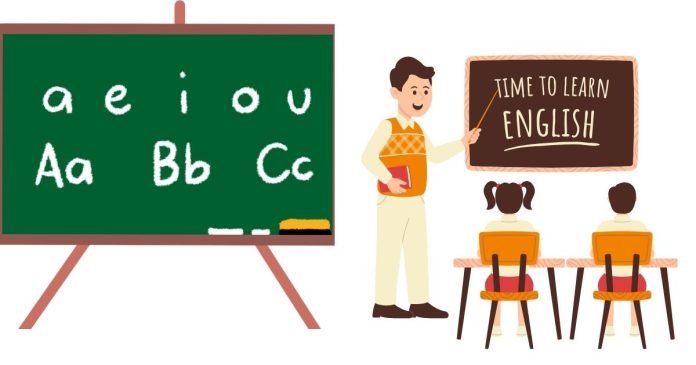The “au” sound is a distinctive vowel sound in English that can be heard in various words. It is typically pronounced as a diphthong, where two vowel sounds blend together to create a unique sound. While this combination of letters can appear in different contexts, it is important to recognize how it influences pronunciation and the types of words in which it appears.
In this article, we will know more about the “au” sound, identify words that feature this sound, and explain the common patterns associated with it.
Understanding the “Au” Sound
The “au” sound is most commonly pronounced as a diphthong (a combination of two vowel sounds), which can sound like “aw” as in “author” or “autumn.” The sound is typically a blend of the /ɔː/ sound (as in “law”) and the /ʊ/ sound (as in “book”).
While “au” is usually pronounced as “aw,” it can vary in different accents or dialects, with some speakers pronouncing it more clearly as two distinct vowel sounds.
Words with the “Au” Sound
Here are some common words that contain the “au” sound:
1. Words with the “Au” Sound as “Aw”
The most common pronunciation of “au” results in the “aw” sound. These words often contain “au” or a similar spelling:
- Author
- Autumn
- Cause
- Pause
- Law
- Fault
- Draw
- Claw
- Haunt
- Applaud
In these words, the “au” is generally pronounced as “aw,” making them easy to recognize by sound.
2. Words with the “Au” Sound in “Australia”
Some proper nouns and place names also feature the “au” sound, most notably the country name Australia, which is pronounced with the “aw” sound.
- Australia
- Austria
3. “Au” in Compound Words
In compound words, where “au” appears as part of the base word, the “au” sound is typically pronounced as “aw.” For example:
- Automatically
- Automobile
- Authorization
- Autopilot
4. “Au” in Other Words
In some instances, “au” appears in less common or more complex words, but the sound remains similar. Examples include:
- Audience
- Auction
- Augment
- Audible
- Auditory
When Does “Au” Not Make the “Aw” Sound?
While the “au” sound is most commonly pronounced as “aw,” it is essential to recognize that there are exceptions to this pattern:
- “Au” in some French-derived words: Words borrowed from French, such as “somber” or “fauna”, may retain a different sound.
- Words in specific dialects or accents: In some regional accents or pronunciations, “au” may sound different than the typical “aw” sound. For example, in some British English pronunciations, “auction” may have a more distinct “au” sound.
The “au” sound is a common feature in the English language, often heard in words like “author”, “autumn”, and “cause”. While the most common pronunciation is the “aw” sound, there are certain variations depending on regional dialects, accents, and the origin of the word. By recognizing these words and understanding the pronunciation patterns, you can improve your ability to identify and articulate words with the “au” sound.


